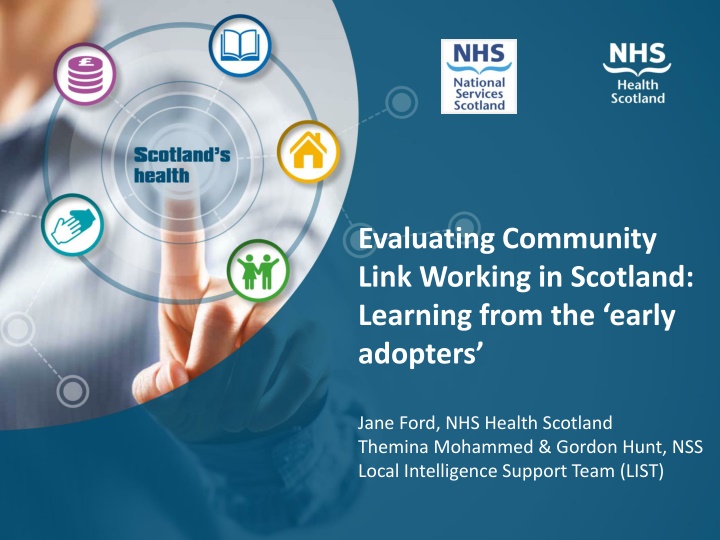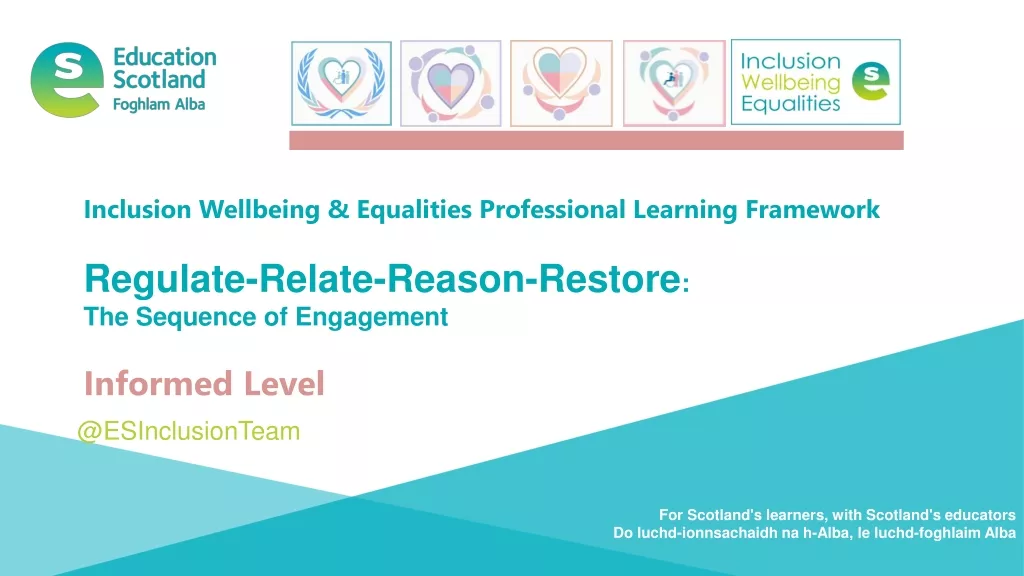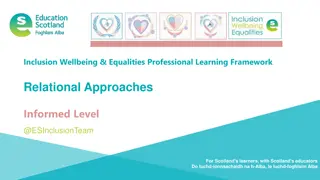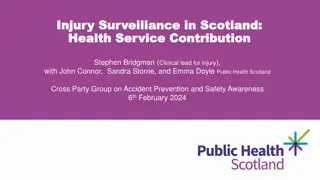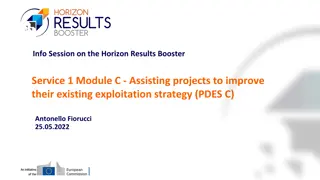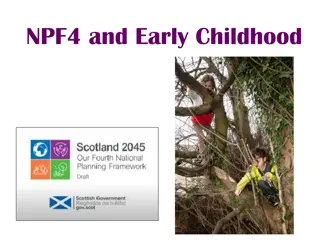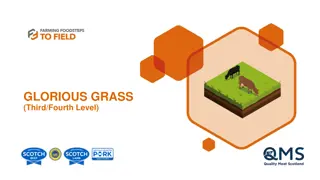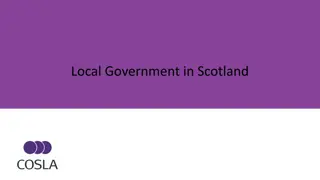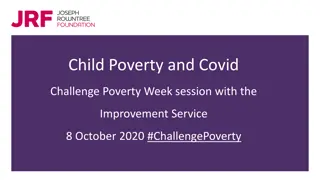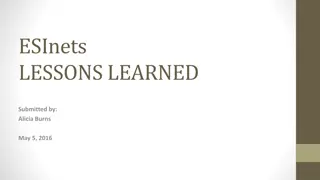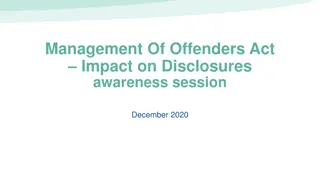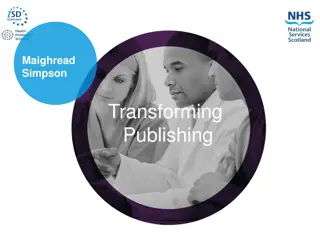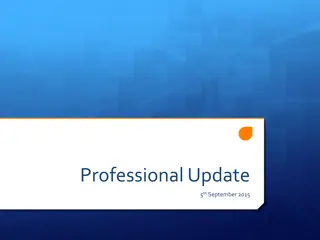Learning from Early Adopters of Community Link Working in Scotland
This study focuses on evaluating the Community Link Worker programme in Scotland, aiming to capture and inform implementation through discussions on outcomes, core datasets, and qualitative analyses. The evaluation seeks to understand various aspects such as service delivery, impact on primary care practices, sustainability, community relationships, and contribution to local service planning. Qualitative work is conducted to comprehend the experiences of CLW teams in the evolving healthcare landscape.
Uploaded on Feb 16, 2025 | 0 Views
Download Presentation

Please find below an Image/Link to download the presentation.
The content on the website is provided AS IS for your information and personal use only. It may not be sold, licensed, or shared on other websites without obtaining consent from the author.If you encounter any issues during the download, it is possible that the publisher has removed the file from their server.
You are allowed to download the files provided on this website for personal or commercial use, subject to the condition that they are used lawfully. All files are the property of their respective owners.
The content on the website is provided AS IS for your information and personal use only. It may not be sold, licensed, or shared on other websites without obtaining consent from the author.
E N D
Presentation Transcript
Evaluating Community Link Working in Scotland: Learning from the early adopters Jane Ford, NHS Health Scotland Themina Mohammed & Gordon Hunt, NSS Local Intelligence Support Team (LIST)
Why evaluate Community Link Working in Scotland? Growing but limited evidence on community link worker (CLW) approaches in primary care Scottish Government requested guidance on evaluation of Community Link Worker programme Build on existing local programmes and learning Capturing learning to inform implementation and delivery Scope shifted through time from the 250 to early adopters NHS Health Scotland and NSS Local Intelligence Support Team (LIST) working closely with CLW early adopter teams
Understanding questions and priorities Early discussions to identify programme outcomes and potential evaluation questions - prioritised options What was needed: Developing a minimum core dataset (MCD) to be completed across the Programme gives: opportunity to underpin the service with scope for learning across sites commitment to collecting core data, quality assured and tested - to inform ongoing learning (with potential to underpin further, more detailed local evaluation) Qualitative work to understand experiences of early adopters CLW work core to the National Monitoring & Evaluation Strategy for Primary Care in Scotland
What might the evaluation help us understand? MCD Qualitative PATIENTS Who is receiving the CLW service? PRACTICES How does the CLW programme reduce demand on the GP practice? Scoping How do different CLW models of delivery influence programme delivery and outcomes (e.g. individual practice vs cluster models of service)? Is there any change in nature and source of referrals over time? Does the programme reduce pressure on practice teams for those patients who access the Link Worker service? COMMUNITY & THIRD SECTOR Is the Link Worker programme sustainable? Scoping Scoping Does the Programme enable stronger practice-community relationships? SERVICE PLANNING Is programme information and learning used by HSCPs and CPPs to inform service planning? Does the Programme contribute to understanding of local partners to determine how to best address the needs of their populations?
Understanding context and experiences Qualitative work will help us to understand: experiences of CLW teams delivering programmes in a shifting political and service landscape CLW team perspectives on the potential impact of different models of delivery (e.g. on reach, referrals, integration of CLW within a GP Practice) extent to which wider service capacity might impact on programme s success and sustainability understand the barriers and facilitators to delivering a CLW programme what other areas can learn from current experience
Progress so far Interviews and focus groups March - May 2019 Participants Sites Method Role 19 CLWs 2 data support 6 management roles 3 focus groups 6 interviews 27 4 Analysis of minimum core dataset (Themina Mohammed & Gordon Hunt, LIST)
Whats next? Work closely with local teams to: ensure findings are interpreted in a way that maximises learning locally and across the programme enables learning from local variations in service delivery models and context Learning from the early adopters : Initial reporting back to local sites and Scottish Government (summer 2019) Discussions to inform ongoing learning Future reporting of MCD Scoping possible local data linkage (e.g. use of primary care services, prescribing data) What would you find helpful?
Thank you Big thanks to all the early adopter teams! Please contact: Jane Ford NHS Health Scotland jane.ford3@nhs.net Themina Mohammed NSS LIST themina.mohammed@nhs.net
